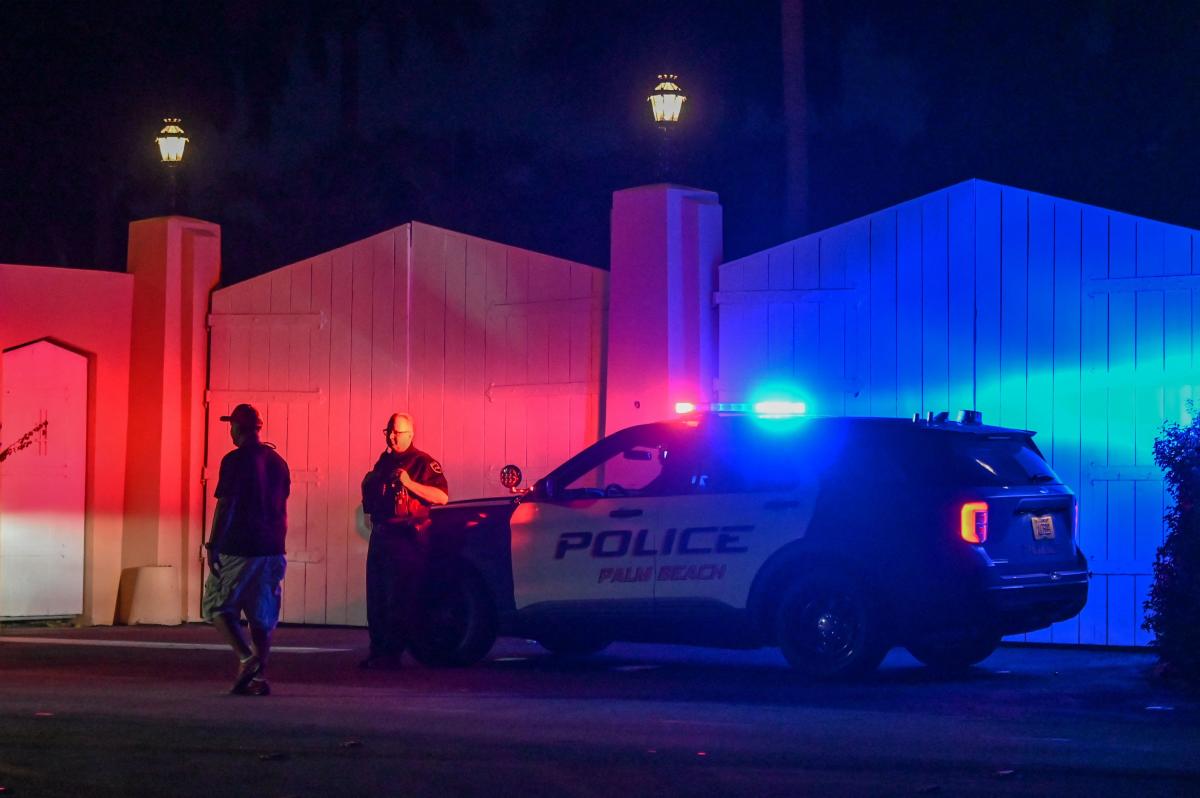
(Bloomberg) — Former President Donald Trump either abandoned or failed to prove core privilege issues that he originally raised in pushing for a special master to review documents seized from his Mar-a-Lago home, the Justice Department said.
Most Read from Bloomberg
In a filing Thursday, government lawyers wrote that Trump’s lawyers barely mentioned his original claim that documents might be covered by executive privilege in a court brief earlier this month. That means he gave up on that argument, the government said in its reply filed in the 11th Circuit US Court of Appeals.
As for another key element of Trump’s case — whether seized materials were protected by attorney-client privilege — the Justice Department said that after Trump’s lawyers reviewed all of the thousands of records, the two sides now disagreed over whether that privilege applied only to a portion of a one-page document.
“This proceeding should come to an end,” the government lawyers wrote.
The appeals court is set to hear arguments on Nov. 22.
Trump’s attorneys didn’t immediately return a request for comment.
The FBI seized more than 11,000 documents from Mar-a-Lago during a search in August. Some of the documents were labeled as highly classified.
Read more: Trump Blasts Mar-a-Lago Criminal Probe as ‘Out of Control’
The government is contesting a decision of a federal district judge in Florida to bring in an outside special master — US District Senior Judge Raymond Dearie — to evaluate Trump’s claims that some of the documents should be off limits to federal investigators.
The Justice Department is also fighting the part of US District Judge Aileen Cannon’s order that barred the government from using the bulk of the records in a criminal investigation while that review is pending. The 11th Circuit previously allowed the Justice Department to use just over 100 documents with classified markings in the probe, exempting them from the special master’s work.
Trump’s challenge to the government’s use of the thousands of seized documents has focused in on a claim that to the extent he did have government records at Mar-a-Lago, he designated them as “personal” under the federal Presidential Records Act. His lawyers argued that designation wasn’t something the government could second-guess in court.
In its latest reply brief, the Justice Department described that argument as “irrelevant” since law enforcement officials carrying out court-authorized searches “routinely” seize “personal effects, including personal papers.”
Most Read from Bloomberg Businessweek
©2022 Bloomberg L.P.




